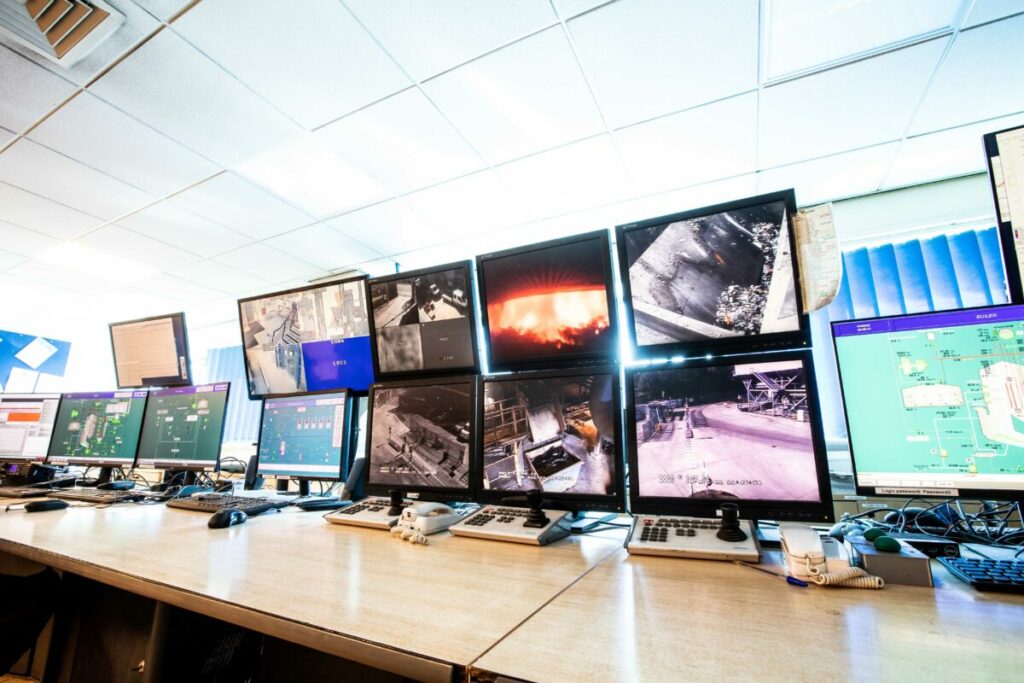Veolia is using its latest artificial intelligence (AI) tool to increase the heat delivery capability of Sheffield’s District Energy Network by 25%.
In what the utility service company has called a UK-first, the data driven thermohydraulic modelling tool will be used to optimise the network pressure and temperature of the 44km network connecting over 125 commercial and public sector buildings.
Using data collected from across the network – including individual heat meters within connected buildings – and predicting heat demand as well as weather patterns, the tool is also expected to reduce peak loads by 20%.
Additionally, the system will be able to calculate potential heat loss in individual underground pipe sections, internal pipework in plant rooms and energy centres.
“This means common problems such as hydronic bottlenecks are avoided, which limits any potentially disruptive and costly retrofits on the underground heat networks, and improves fault tolerance and estimation of energy consumption,” added Veolia.
Operating since 1988, Sheffield’s District Energy Network, over 50% of the heat generated by the network qualifies as renewable under the Renewable Energy Guarantees of Origin (REGO) scheme.
“In the UK, almost half of the final energy consumed is used as heat, and the domestic, commercial and public sectors account for two-thirds of this consumption for space heating and water heating,” said Donald Macphail, chief operating officer – treatment at Veolia.
“As we move to reduce climate impact we need to decarbonise these important heat requirements, and district heating systems are a proven technology to help reduce this carbon footprint. By integrating the network in Sheffield with the latest artificial intelligence we have advanced efficiency, and taken another important step towards a net zero future.”






